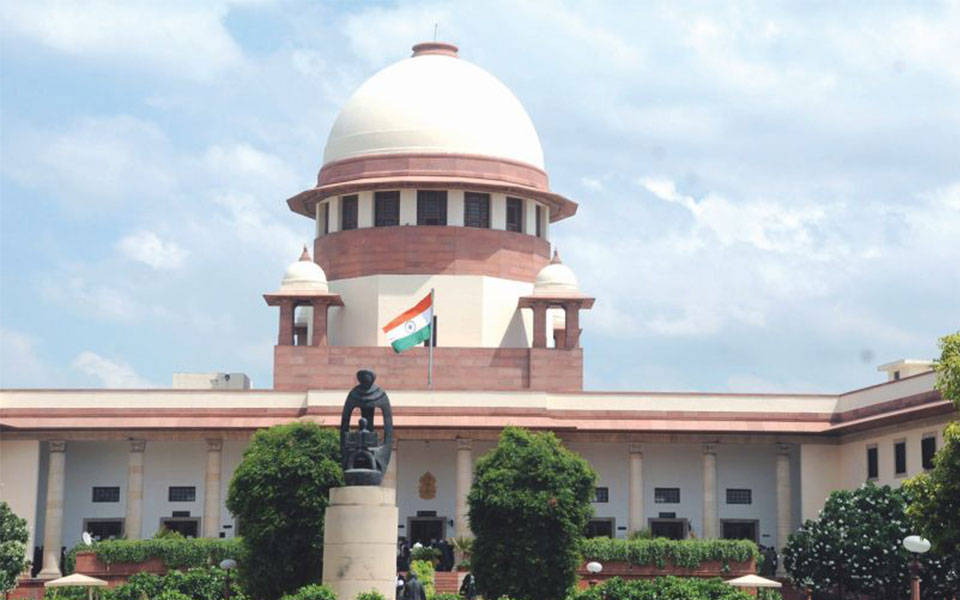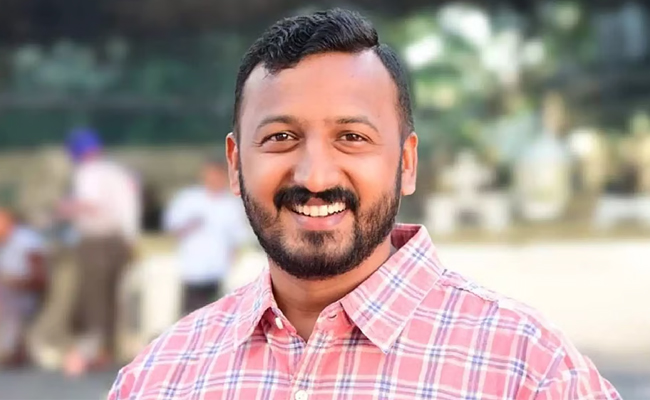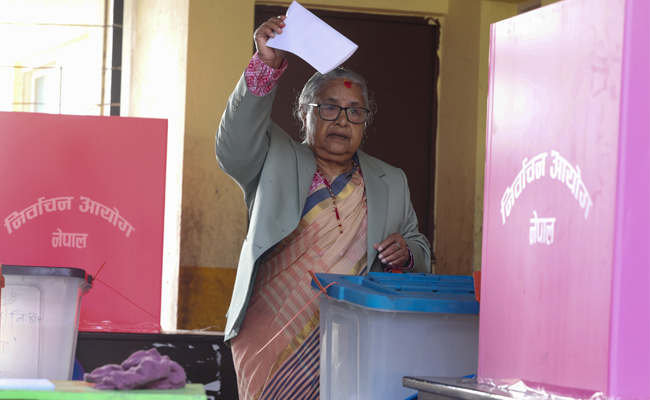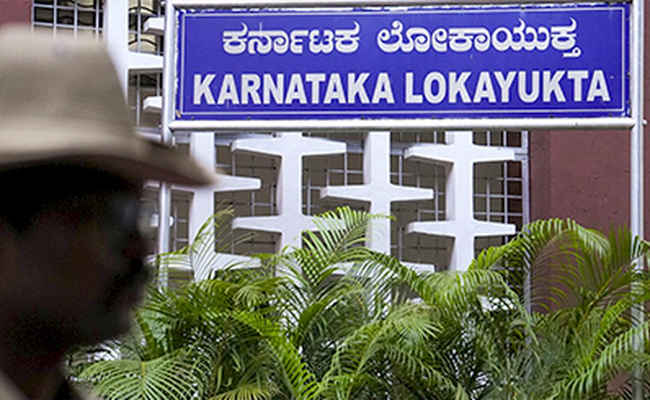New Delhi, June 8: The Supreme Court on Friday refused to pass any order to stay the alleged culling of stray dogs by authorities in Sitapur in Uttar Pradesh following deaths of over a dozen children in the past seven months.
As the apex court was urged to step in and stop the culling of strays by the municipal body in Sitapur, a vacation bench of Justice Adarsh Kumar Goel and Justice Ashok Bhushan directed the matter be listed before an appropriate bench in July.
Senior counsel Vibha Dutta Makhija, appearing for petitioner -- advocate Gargi Srivastava -- told the court that authorities were illegally culling dogs in Sitapur due to the fear psychosis generated due to the death of children.
Referring to a 2015 Supreme Court order that said that local bodies were bound by the rules framed under the Prevention of Cruelty to Animals Act, 1960, in eliminating stray dogs "irretrievably ill or mortally wounded" in a humane manner, Makhija told the court that the district administration was misrepresenting the facts.
By its November 18, 2015, order, the top court had said: "There can be no trace of doubt that there has to be compassion for dogs and they should not be killed in an indiscriminate manner, but indubitably the lives of the human beings are to be saved and one should not suffer due to dog bite because of administrative lapse."
Makhija told the court that deaths in Sitapur districts were not due to dog bites but attack by some other wild animal.
Urging the apex court to extend its directions issued in case of Kerala to this case also, the senior counsel told the bench that the Indian Veterinary Research Institute in Bareilly had said that dogs had not caused the deaths in Sitapur.
The petitioner sought direction to the Uttar Pradesh government to ensure that no more cullings of community dogs took place, unless it was established that dogs were responsible for the fatal attacks.
She also sought a direction to the state to take immediate action and lodge FIRs against those involved in aiding and abetting the culling of stray dogs without following the due process of law and an inquiry against erring district officials.
Let the Truth be known. If you read VB and like VB, please be a VB Supporter and Help us deliver the Truth to one and all.
Kolkata (PTI): Flight services between Kolkata and Dubai resumed partially on Thursday, after a four-day suspension due to the ongoing conflict in the Middle East, officials said.
A flydubai aircraft from Dubai landed at the Netaji Subhas Chandra Bose International Airport here at 2:40 am with 130 passengers on board, marking the first arrival from the Middle East after services were halted for over 113 hours, they said.
The Boeing 737 Max aircraft was scheduled to arrive at 12:25 am, Kolkata airport officials said.
ALSO READ: Resolution for his removal: Speaker Birla to be present in House but not chair proceedings
The same aircraft departed for Dubai at 3:59 am with 55 passengers, they said.
The last flight to depart for the Middle East from Kolkata before the suspension was an Emirates aircraft to Dubai on February 28, the officials said.
International services between Kolkata and cities such as Dubai, Doha and Abu Dhabi were disrupted, after airlines temporarily suspended operations amid escalating tensions and airspace restrictions in parts of the Middle East, due to the conflict involving the US, Israel and Iran.
There is no clear indication about when all the Middle East routes will fully reopen, they said.





